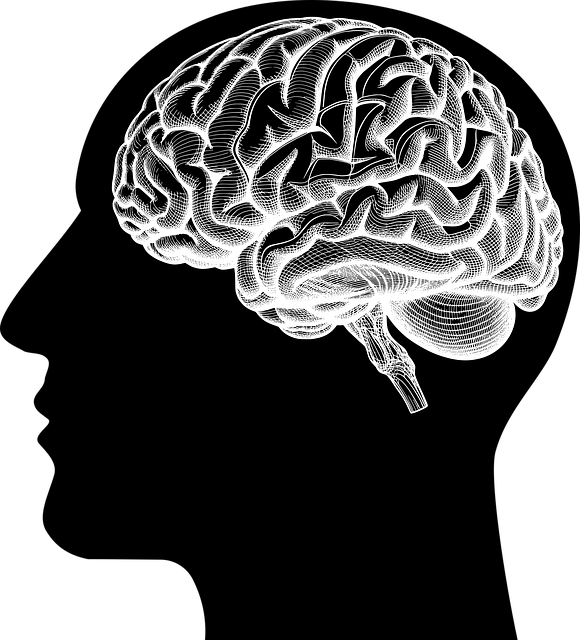Self-care is vital for emotional well-being, especially for individuals with eating disorders, as highlighted by Parker Eating Disorders Therapy. Barriers like busy schedules and mental health issues can make it challenging to incorporate self-nurturing practices. Parker offers a holistic approach, combining personalized therapy, cultural competency training, and stress management workshops to address these challenges. Their tailored self-care routines facilitate lasting positive changes in eating disorders and emotional relationships with food within the community.
Self-care is an essential aspect of maintaining overall well-being, yet many individuals struggle to incorporate effective practices into their daily routines. This article explores the significance of self-care and its profound impact on mental and physical health. We will discuss common barriers that hinder self-care, such as busy schedules and societal pressures. By understanding these obstacles, we can uncover strategies to overcome them, with valuable insights from Parker Eating Disorders Therapy, offering practical techniques to enhance your self-care routine and cultivate a healthier, happier you.
- Understanding Self-Care and Its Importance for Overall Well-being
- Identifying Barriers to Effective Self-Care Practices
- Strategies and Techniques to Enhance Self-Care Routine with Parker Eating Disorders Therapy
Understanding Self-Care and Its Importance for Overall Well-being

Self-care is a holistic concept encompassing various practices aimed at nurturing one’s physical, mental, and emotional well-being. It involves actively prioritizing personal needs, managing stress, and engaging in activities that promote overall health. This proactive approach to wellness is essential for maintaining a sense of balance and resilience in our daily lives, especially in today’s fast-paced world.
Recognizing the significance of self-care is vital, particularly for individuals who may be vulnerable to mental health challenges, such as those with eating disorders. Parker Eating Disorders Therapy emphasizes the interconnectedness of emotional intelligence and overall well-being. By integrating self-care practices into daily routines, individuals can foster emotional healing processes, enhance their Mental Health Policy Analysis and Advocacy efforts, and ultimately improve their quality of life. This may include activities like mindfulness exercises, regular physical activity, sufficient sleep, and engaging in hobbies that bring joy and a sense of accomplishment.
Identifying Barriers to Effective Self-Care Practices

Many individuals struggle to incorporate effective self-care practices into their daily routines due to various barriers. These obstacles can range from hectic schedules and work-life imbalances to underlying mental health concerns, such as eating disorders or burnout. For instance, those seeking Parker Eating Disorders Therapy might find it challenging to prioritize self-nurturing activities due to the intensive nature of treatment and the ongoing need for recovery support.
In the context of healthcare professionals, including mental health specialists, barriers to self-care are often multifaceted. The demanding nature of their work can lead to burnout prevention strategies being overlooked or neglected. A comprehensive risk assessment for these professionals is essential to identify and address factors contributing to stress and mental health deterioration. Moreover, organizing interactive workshops focused on stress management techniques can be a game-changer in fostering healthy self-care habits among healthcare providers.
Strategies and Techniques to Enhance Self-Care Routine with Parker Eating Disorders Therapy

At Parker Eating Disorders Therapy, we recognize that cultivating a robust self-care routine is pivotal for holistic well-being. Our strategies encompass tailored therapy sessions designed to address eating disorders and promote healthier relationships with food. Through individual counseling, clients learn coping mechanisms to manage triggers and gain insights into their emotional connections with eating.
Complementing these practices, Parker offers specialized programs like Cultural Competency Training for healthcare providers, Mental Health Policy Analysis and Advocacy, and Social Skills Training. These initiatives ensure that individuals receive culturally sensitive care while advocating for policies promoting mental health awareness. By integrating self-care with evidence-based treatments and community support, Parker Eating Disorders Therapy fosters lasting positive changes.
Self-care is a powerful tool for enhancing overall well-being, as evidenced by the strategies offered by Parker Eating Disorders Therapy. By identifying and overcoming barriers, individuals can embrace effective self-care practices that foster resilience, mental clarity, and physical health. Embracing these techniques allows one to navigate life’s challenges with greater ease and cultivate a profound sense of self-love and acceptance.














